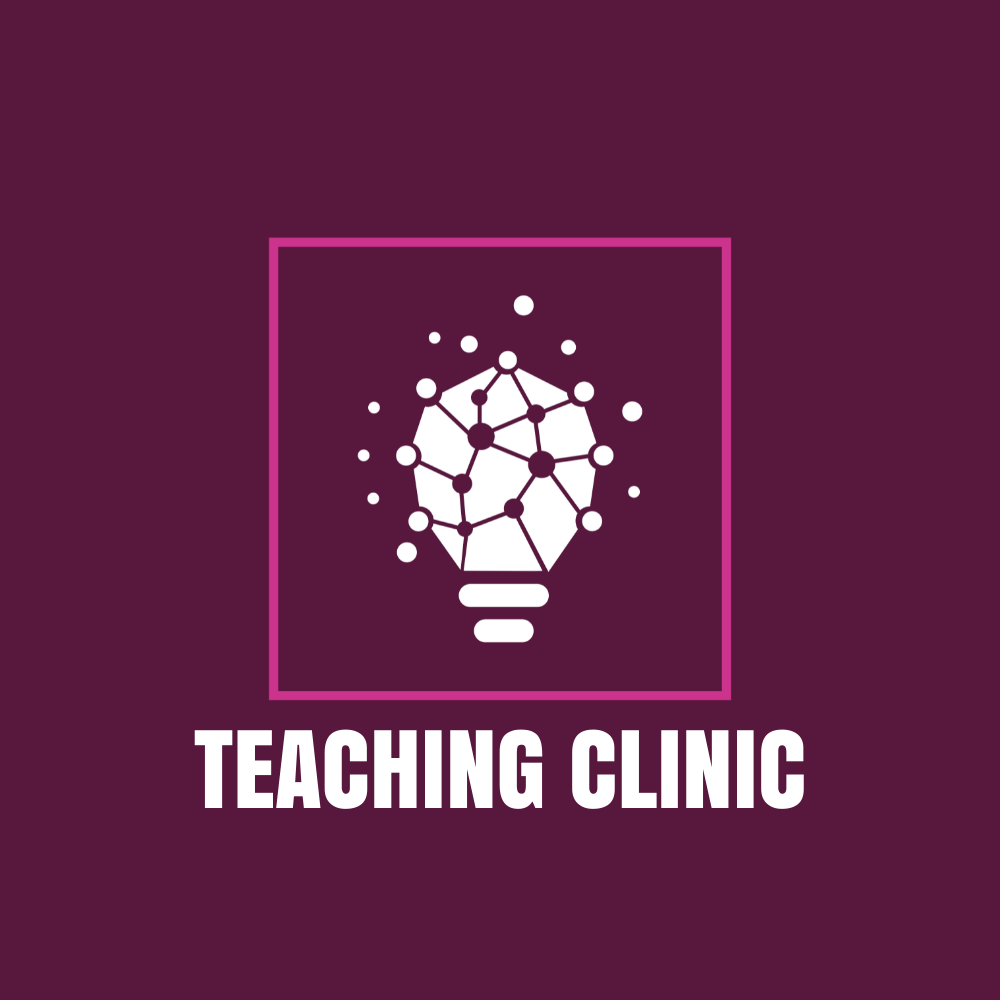Awards
PROFFORMANCE
Awarded for “Impact on Society”
PROFFORMANCE
Awarded for “Best of Austria”
Ars Docendi
Shortlist Nomination
How we work
Active teachers at any level or school type submit current challenges to the Teaching Clinic.
Students of teacher education assign themselves to the submitted projects. Usually, teams of 3-5 students are formed and there may be virtual teams (with students from multiple institutions and countries).
All stakeholders take part in finding a solution and measuring its impact. Our methodology of choice here is Design-Based Research (DBR).
Key Content Areas
Projects about any topic may be submitted by teachers to the Teaching Clinic—but based on popular demand, two key content areas emerged. As the Teaching Clinic expands across universities and lecturers, key areas are introduced, in which synergies for impact can be generated. This means that institutions build specific capacities for Teaching Clinic projects in a specific area. For example, the University College of for Agricultural and Environmental Education in Austria specializes on projects about Education for Sustainable Development. The University of Vienna focuses on topics of Diversity, Language, and Inclusion.
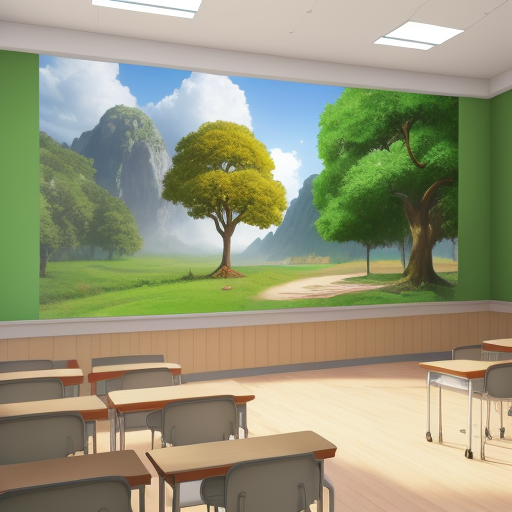
Education for Sustainable Development
Education for Sustainable Development is learning for a sustainable future, integrating environmental, social, and economic dimensions into all aspects of education. It develops critical thinking and innovation to address global challenges such as climate change, biodiversity loss, and poverty.
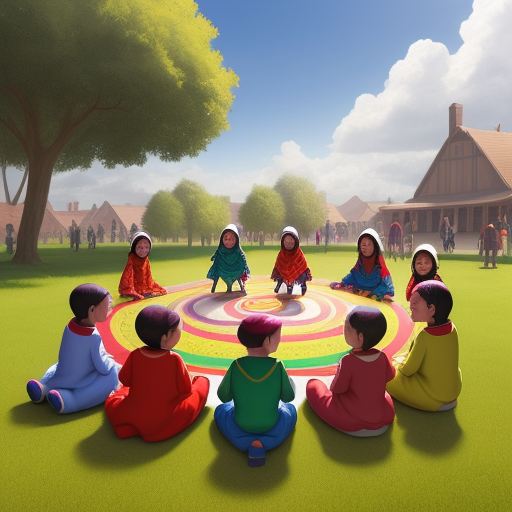
Diversity, Language, and Inclusion
Diversity and inclusion mean creating a safe and supportive learning environment that celebrates differences among students and staff. It involves promoting equitable access to opportunities and resources for all students, regardless of their differences, to reduce prejudice and discrimination.
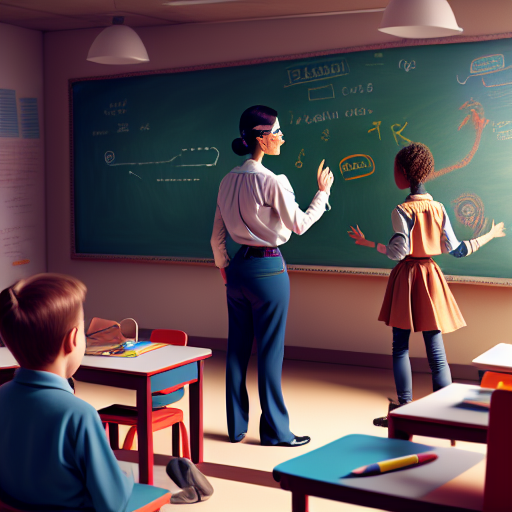
Join as a teacher
Submit any challenge your learning project as a project to the Teaching Clinic. Students of teacher education programs will help you in ideating science-backed solutions, implementing them in your classroom, and evaluating them.
Join as a student
Participate in international, interdisciplinary teams of pre-service teachers and other stakeholders (educators, experts,…) to solve real-world problems.

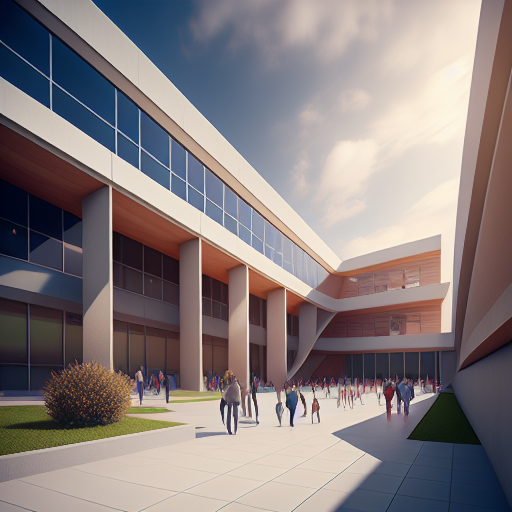
Join as institution
You want to offer your students of teacher education an international, engaging, practice-oriented learning experience? Join us!
Publications (work in progress)
The Teaching Clinic has been thoroughly evaluated in different contexts.

Partners
Statistics
Projects
Publications
students

